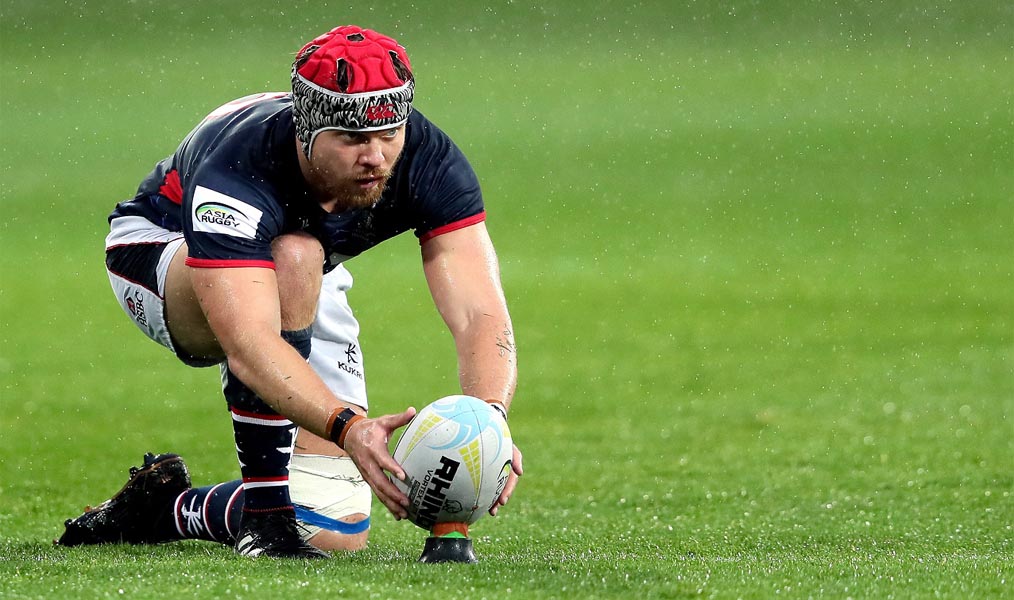What do you tell your team mate when she’s worried about missing the next conversion kick? You might say something generic like, “Don’t worry about the consequences”. As we all know, this is easier said than done. In fact, research has shown that merely supressing thoughts without a focus is quite challenging.
Alternatively, you could give some more specific advice such as, “Don’t kick too far to the right!” Although this might seem constructive, research has shown that, under pressure, negatively framed instructions (“don’t do” such and such) can hamper performance.
Daniel Wegner, a psychology professor from the University of Virginia, found that when our minds are preoccupied – for instance, by worrying thoughts – attempting to supress a thought ironically causes that very thought to enter our consciousness.
You can try it if you like- Don’t think about a white bear for 1 minute… Tough, isn’t it?
Similarly in sport it has been shown that trying to avoid a certain action, especially while under pressure, is likely to lead to the occurrence of that action. This is termed an ironic error.
A study carried out by Tim Woodman and colleagues in Bangor University instructed hockey players to: “Try to hit the target zone. Be particularly careful not to hit the ball to the right of the right-hand post, as you will score minus 1 point each time you do.”
The researchers found that the hockey players were more likely to hit the ball to the right when given this instruction, especially when under anxiety-provoking conditions. Similar results have been found with regards to golf putting, darts, and football penalty kicks. Similar effects can be expected for rugby conversion and penalty kicks, too.
The best way to avoid worrying thoughts or ironic errors is to engage in task-relevant focusing strategies, like saying a cue word – for example, “focus”, or “follow through”.
References
Wegner, D. M. (1994). Ironic processes of mental control. Psychological Review, 101(1), 34.
Woodman, T., Barlow, M., & Gorgulu, R. (2015). Don’t Miss, Don’t Miss, D’oh! Performance When Anxious Suffers Specifically Where Least Desired. Sport Psychol, 29(3), 213-223.

She is a Postdoctoral Research Fellow at Nanyang Technological University and an Honorary Research Associate at the University of Waikato, New Zealand.
You can follow her @Nayhamal on twitter.
this is from a series of articles Neha Malhotra is writing for Asia Rugby
Other Articles By Neha
https://www.asiarugby.com/category/medical/neha-malhotra/


